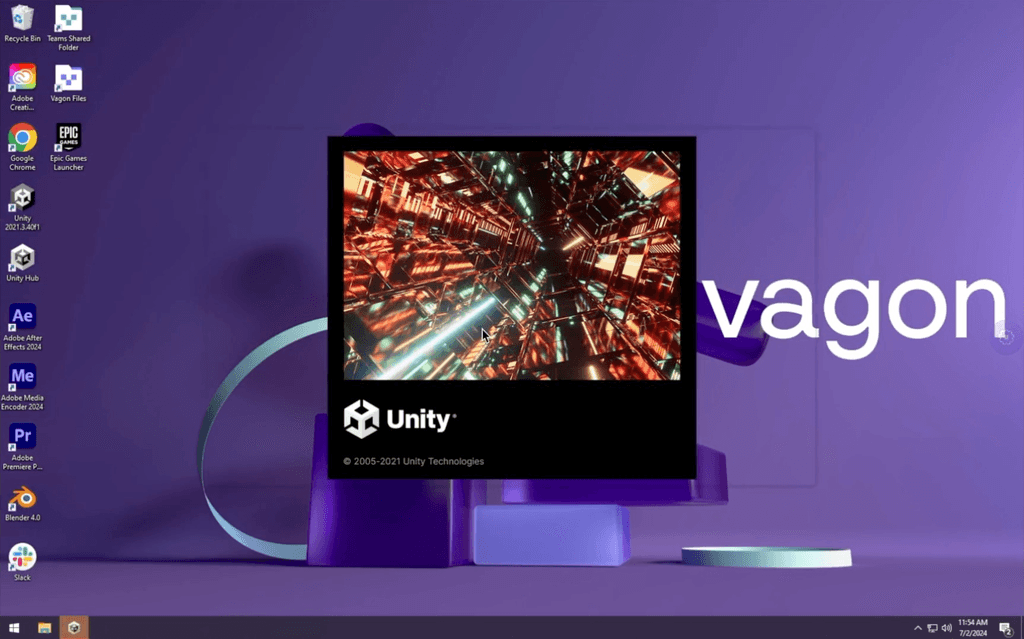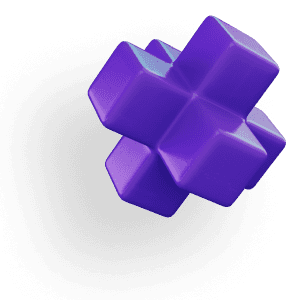HOW TO USE GPU
SIMULIA Abaqus
SIMULIA Abaqus is a leading suite of engineering simulation tools that provides advanced finite element analysis (FEA) capabilities. It's widely used across industries such as aerospace, automotive, and consumer goods to predict and enhance product performance and reliability.
System Requirements for SIMULIA Abaqus
To ensure optimal performance with Abaqus, your system should meet the following specifications:
Minimum Requirements
Operating System: 64-bit Windows or Linux distributions
Processor: Dual-core CPU with a minimum clock speed of 2.5 GHz
Memory: 8 GB RAM
Graphics Card: Compatible with OpenGL
Storage: 50 GB of free disk space
Recommended Specifications
Operating System: Latest 64-bit Windows or Linux distributions
Processor: Quad-core CPU with a clock speed of 3.0 GHz or higher
Memory: 32 GB RAM or more
Graphics Card: NVIDIA Quadro series or equivalent
Storage: 100 GB of free disk space on an SSD
Meeting these specifications will help you get the most out of Abaqus, ensuring efficient workflows and high-quality outputs.
Enabling GPU Acceleration in SIMULIA Abaqus
Abaqus supports GPU acceleration to enhance computational performance, particularly for large-scale simulations. To enable GPU acceleration:
Verify GPU Compatibility
Ensure your system has a CUDA-enabled NVIDIA GPU with compute capability 3.0 or higher.Install Appropriate Drivers
Download and install the latest NVIDIA drivers compatible with your GPU from the NVIDIA website.Configure Abaqus to Use the GPU
When submitting a job, include thegpusparameter in the command line to specify the number of GPUs to utilize. For example:This command configures Abaqus to use one GPU alongside four CPU cores for the simulation.
Monitor GPU Utilization
Use tools like NVIDIA'snvidia-smito monitor GPU usage and ensure that Abaqus is effectively utilizing the GPU during simulations.
By following these steps, you can effectively enable and utilize GPU acceleration in Abaqus.
Top Tips to Speed Up SIMULIA Abaqus
Optimize Model Complexity
Simplify your models by reducing unnecessary details and refining mesh quality to decrease computational load.Utilize Parallel Processing
Leverage multiple CPU cores and GPUs by configuring thecpusandgpusparameters during job submission to distribute the workload effectively.Update Software and Drivers
Regularly update Abaqus and your GPU drivers to the latest versions to benefit from performance improvements and bug fixes.Manage Memory Usage
Ensure your system has sufficient RAM to handle large simulations, as insufficient memory can lead to increased paging and slower performance.Optimize Solver Settings
Adjust solver parameters, such as convergence tolerances and time increments, to balance accuracy and computation time.
Implementing these strategies can help maintain smooth and reliable performance in Abaqus.
Top Recommended GPUs for SIMULIA Abaqus

NVIDIA Quadro RTX 6000
This professional-grade GPU offers 24 GB of GDDR6 memory and is optimized for complex simulations, providing excellent performance and stability.NVIDIA Tesla V100
Designed for high-performance computing, the Tesla V100 delivers exceptional processing power, making it ideal for large-scale simulations in Abaqus.NVIDIA Quadro P5000
With 16 GB of GDDR5X memory, the Quadro P5000 balances performance and cost, suitable for medium to large simulations.NVIDIA GeForce RTX 2080 Ti
Although primarily a gaming GPU, the RTX 2080 Ti's high CUDA core count and 11 GB of GDDR6 memory make it a viable option for simulation tasks.
Selecting a high-performance GPU enhances Abaqus's capabilities, ensuring faster computations and better support for data-intensive applications.
Enhance Your Workflow with Vagon
To further accelerate your simulations and streamline your workflow, consider utilizing Vagon's cloud PCs. Powered by 48 cores, 4 x 24GB RTX-enabled NVIDIA GPUs, and 192GB of RAM, Vagon allows you to work on your projects faster than ever. It's easy to use, right in your browser. Transfer your workspace and files in just a few clicks and experience the difference for yourself!





